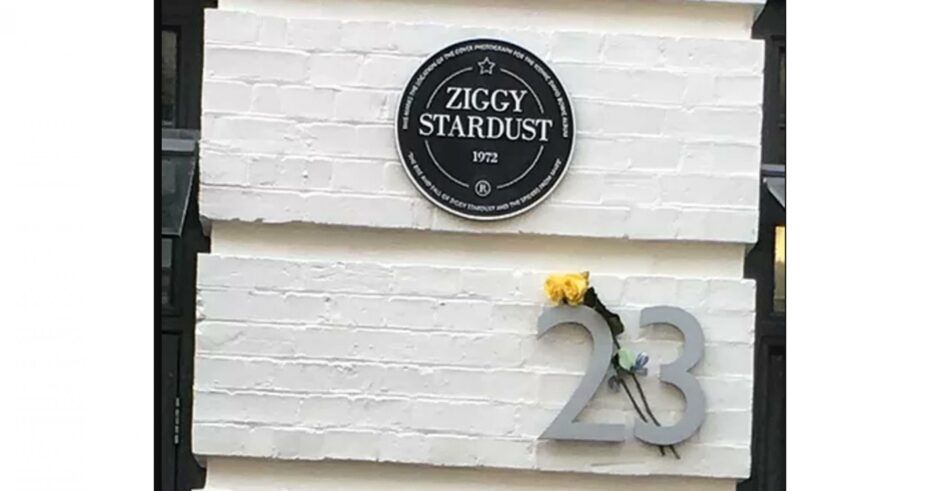With hotel chains now partnering with Amazon to offer a “personal concierge” by providing Echo devices in some selected hotel rooms, and travellers having the ability to book flights through voice enabled Google search, the typical reaction of travel organisations is to partner with these technology giants in order to further promote their own brand.
Although these technology partnerships are inevitable, the challenge of going down this route for the traditional travel providers will be their ability to retain their customers whilst improving their transaction experience, and at the same time maintain control of customer data. Although the likes of Amazon and Google do have some of this data through purchase and search history already, they’ll always be looking to their partnerships within the travel industry to enrich this, subsequently transforming these powerhouses from a probable partner to a potential competitor.
With this in mind, travel organisations have 2 key value generators that they must protect and look to utilise further, both of which won’t typically be seen on an organisations balance sheet of today … intellectual capital (e.g. the product knowledge of their people) and data capital (e.g. the transaction experience of their customers). As highlighted in a previous blog – https://www.clear-consultancy.co.uk/single-post/2017/10/29/Data-drives-change-people-make-it-happen – the real differentiator however, will be in bringing these 2 value generators together as “intellectual data”.
Unlike bringing technology and data together, bringing people and data together is a different challenge and has to start from within the business. According to a number of analysts (source: www.travelport.com), up to 54% of travel brands said they planned to increase spend on data related services, but 72% of travel professionals see a lack of skilled marketeers and digital analysts as a barrier to a successful personalisation strategy – just one example of the challenge associated with people and data. When you consider that the same analysts also say almost 50% of millennials book on mobile services, but more than 85% are unhappy with the experience they receive, you begin to understand how this may be interpreted that the majority of bookers are happy with the technology platforms they are using, but not necessarily the information they are receiving.
To this extent, the online travel agents could have a distinct advantage over traditional tour operators, but only by building their capability to offer personal experiences tailored to the travellers’ preference through the collection, analysis and sharing of data … and using this data to build customer profiles to predict their next experience. In such a fast-paced environment, however, you could argue the predictions of today are irrelevant for tomorrow. We’re in the age of throwaway data where the information collected from travellers last year, even last month, doesn’t necessarily offer you insight into their next holiday preference – same hotel and resort preference doesn’t apply to the travellers of today who are seeking experiences … often a totally different one to their last.
Back to Ziggy, or David … or both, the ability to continuously change at pace was his strength. seeming to predict the right time to move on … to such an extent that his fans were demanding his next persona with the same regularity as the next album … and more often than not, without disappointment. With technology developing quicker today than the speed at which organisations are able to transform, this ability to continually change at pace will become the norm for the travel industry, meaning how they optimise value from their data in the quickest time, using the product knowledge of their people and the data insights of their customers, will become the key ingredients for success – throw into the mix the technology capabilities of their partners – and reflecting on the lyrics of David Robert Jones – maybe we’re not that far away from providing the ultimate travel experience … finding out for ourselves if there really is life on Mars, via Ibiza and the Norfolk Broads of course.
This article is reposted from here as part of the partnership between Clear Consultancy Services and the Business Transformation Network.


